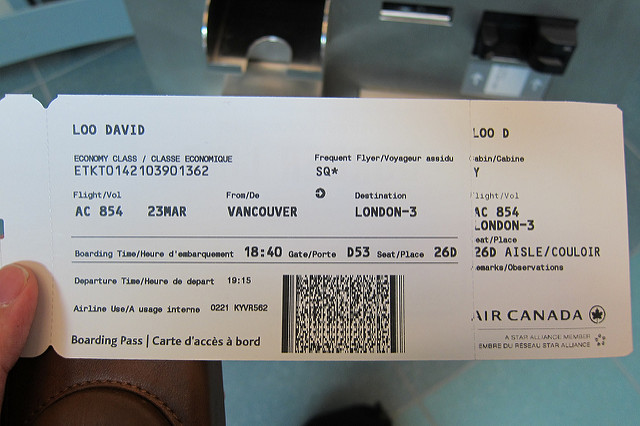Growing Your Wealth
When you're abroad, you may have new opportunities to add to your wealth. So how do you make the most of this situation? Living overseas can offer brand new experiences that just aren't available at home. This includes additional options and considerations for managing both your life and your wealth.
You may find new opportunities that could help your wealth grow. However, you will still need to balance this potential against the risk and volatility of any investments you may already have – the value of your assets may fall as well as rise, particularly if you're looking to invest in emerging or more volatile markets. You'll also need to consider flexibility – for example, how you hold assets should you move from one expat posting to another.
Plan For Growth
“In practice, your wealth-management strategies should be tailored to your individual goals”
Growing wealth through investment is about being able to afford to ride out short-term ups and downs for the prospect of long-term returns. This is a wealth-management principle that applies to everyone. The trade-off for higher potential long-term returns, for example, tends to be greater risk. Invest on the basis of these principles, but within the context of your individual needs. So in practice, your wealth-management strategies should be tailored to your individual goals. If you're investing in order to generate an income to fund your children's education your assets may need to deliver enough income to pay higher fees later on at school or university. You'll also need to consider the risk of currency fluctuations, since the fees could be charged in a different currency to your investment. If, on the other hand, you're investing for retirement that is still some years off, your time horizons may be much more long-term.
Manage Your Wealth
How you organise your assets is a crucial element of good expat wealth management. If you're going to change location regularly, you may end up with your wealth spread across different countries and currencies, and subject to different tax regulations. This may make it difficult to manage and pass on in your inheritance. So where should you hold your investments?
You could choose to leave each investment in the place where you made it, managing your assets as a portfolio held across different countries. Alternatively, you could choose to use an international financial services provider that makes it easy for you to access and manage your finances wherever you are in the world. In part, the right answer will depend on your long-term plans. Do you intend to return home eventually to retire? Do you expect to be moving soon? You'll need to consider these issues and others such as convenience, flexibility and the impact of potential currency fluctuations.
Think Ahead On Tax
Tax planning is vital for expats. You must understand the rules of the country in which you live – but also in any other countries where you hold assets. Depending on the country you're living in, there may be many tax-planning options open to expats. But consider your choices carefully: taking advantage of a specific tax efficiency solution today may not make sense if you'll be moving on shortly or, if you're planning to retire in your home country in the near future.
You should also consider the tax situation in any jurisdiction where your finances are situated. There is the possibility that you could be paying tax unnecessarily on the same income more than once. For example, the two countries where you hold wealth could have a Double Taxation Treaty (DTT) in place to prevent this situation. In a global environment of increased tax transparency between governments, this is increasingly likely to be the case.
You will also need to consider your future plans, for example if you plan to move home and repatriate your wealth, and how this may be influenced by your tax situation. You should seek professional advice from a tax specialist to ensure you fully understand your tax obligations and the options available to you.
All-Change?
As an expat, you will most likely encounter new opportunities for growing your wealth. Equally, your circumstances are likely to change over time – you may marry, have children or move to a new country. The value of investments (and any income from them) can fall as well as rise and you may not get back what you invested. For some investments this can also happen as a result of exchange rate fluctuations as shares and funds may have exposure to overseas markets. Investing should be seen as a medium to long-term proposition of at least five years. HSBC does not provide tax advice. The value of tax treatment will depend on your individual circumstances and may be subject to change in the future. Tax rules differ from country to country. If you're unsure about your tax commitments, you should get professional advice. It's your responsibility to disclose your income to the tax authorities.









